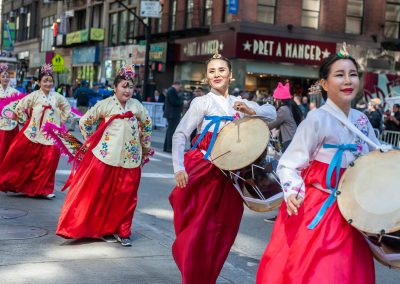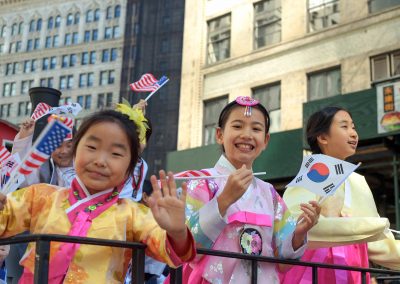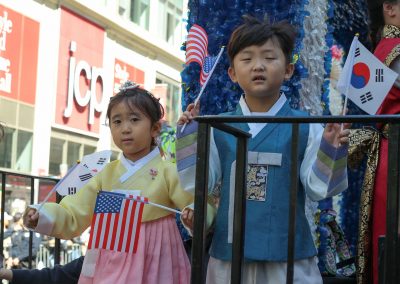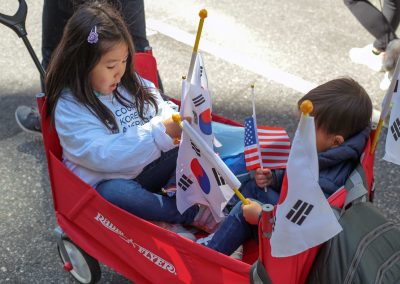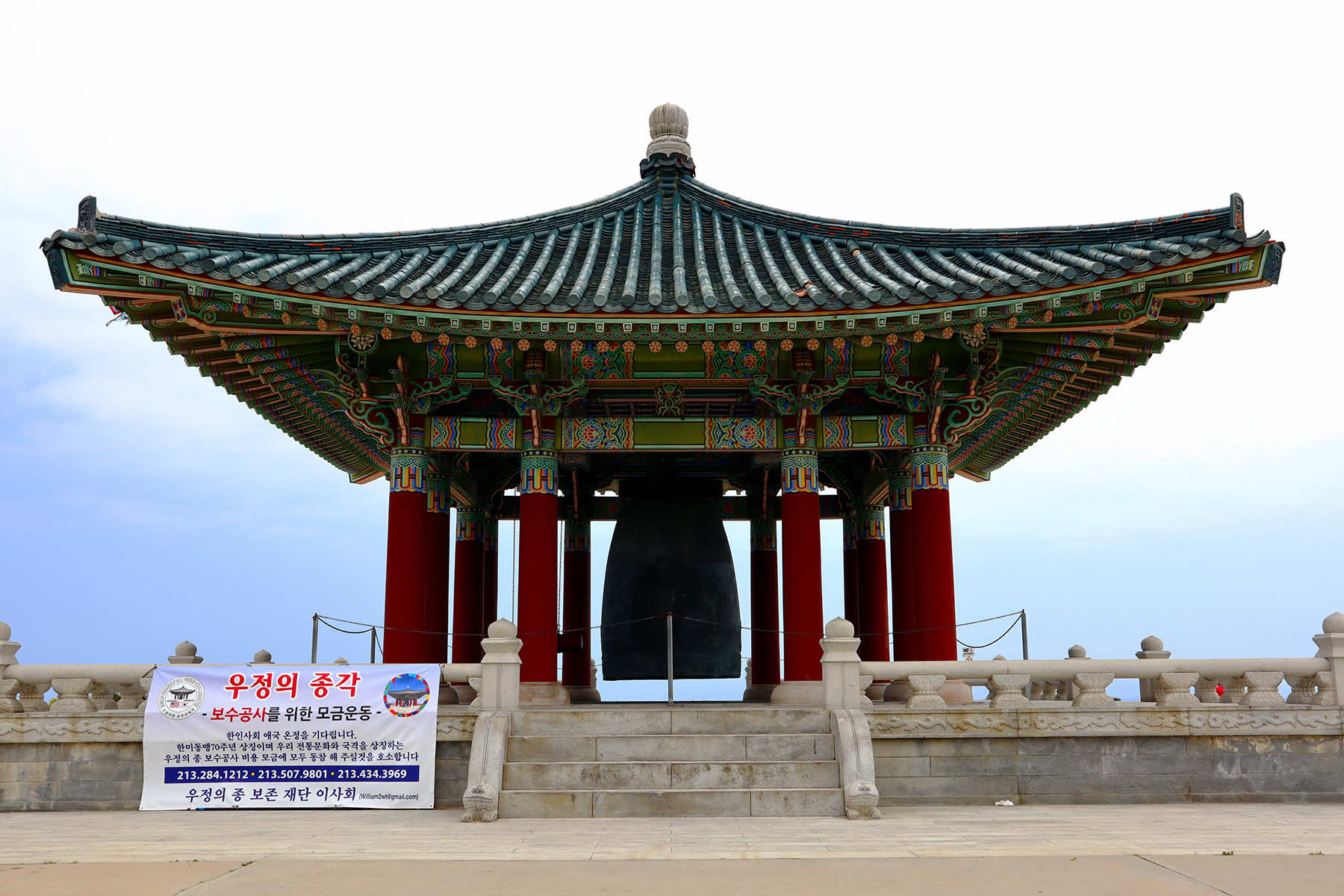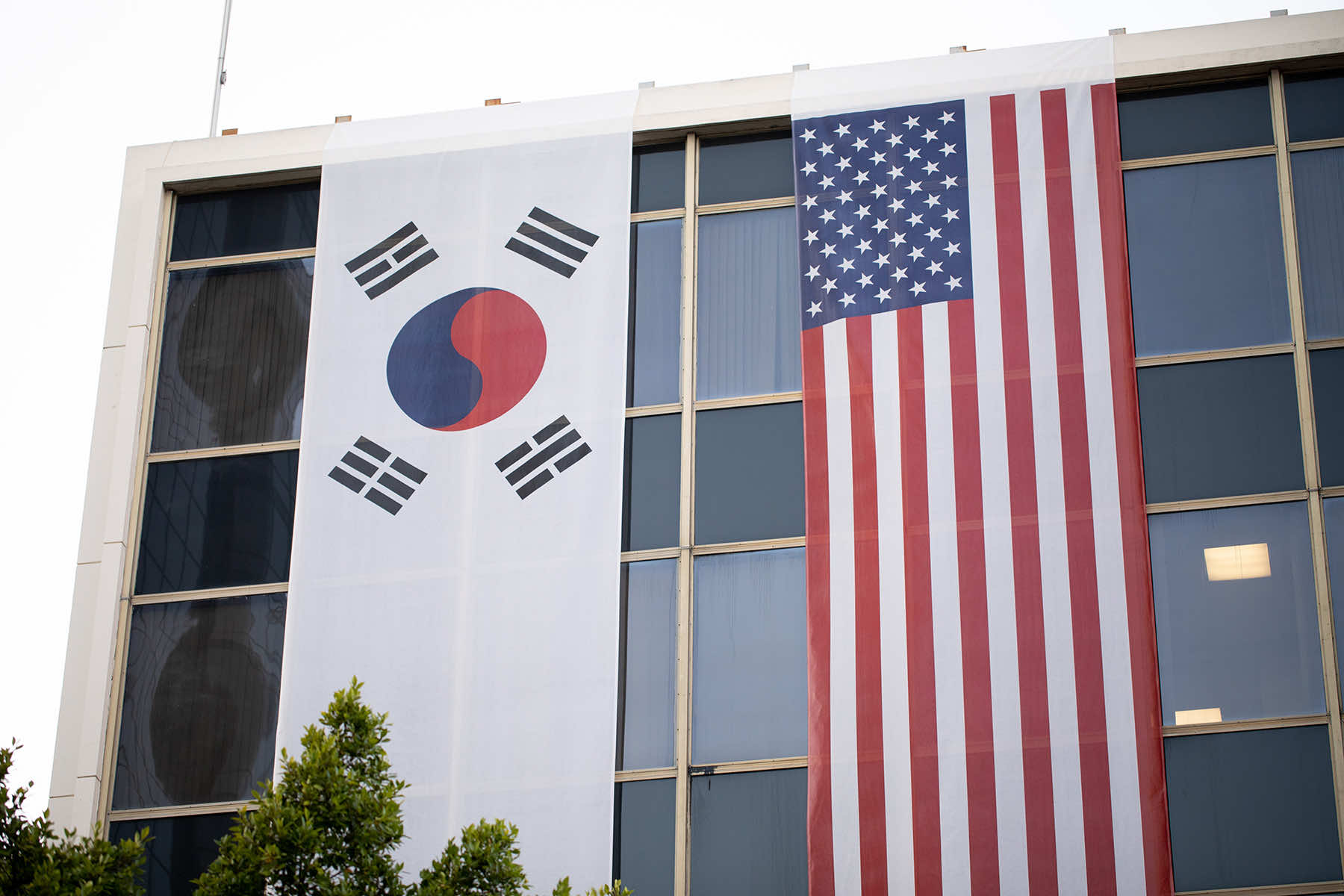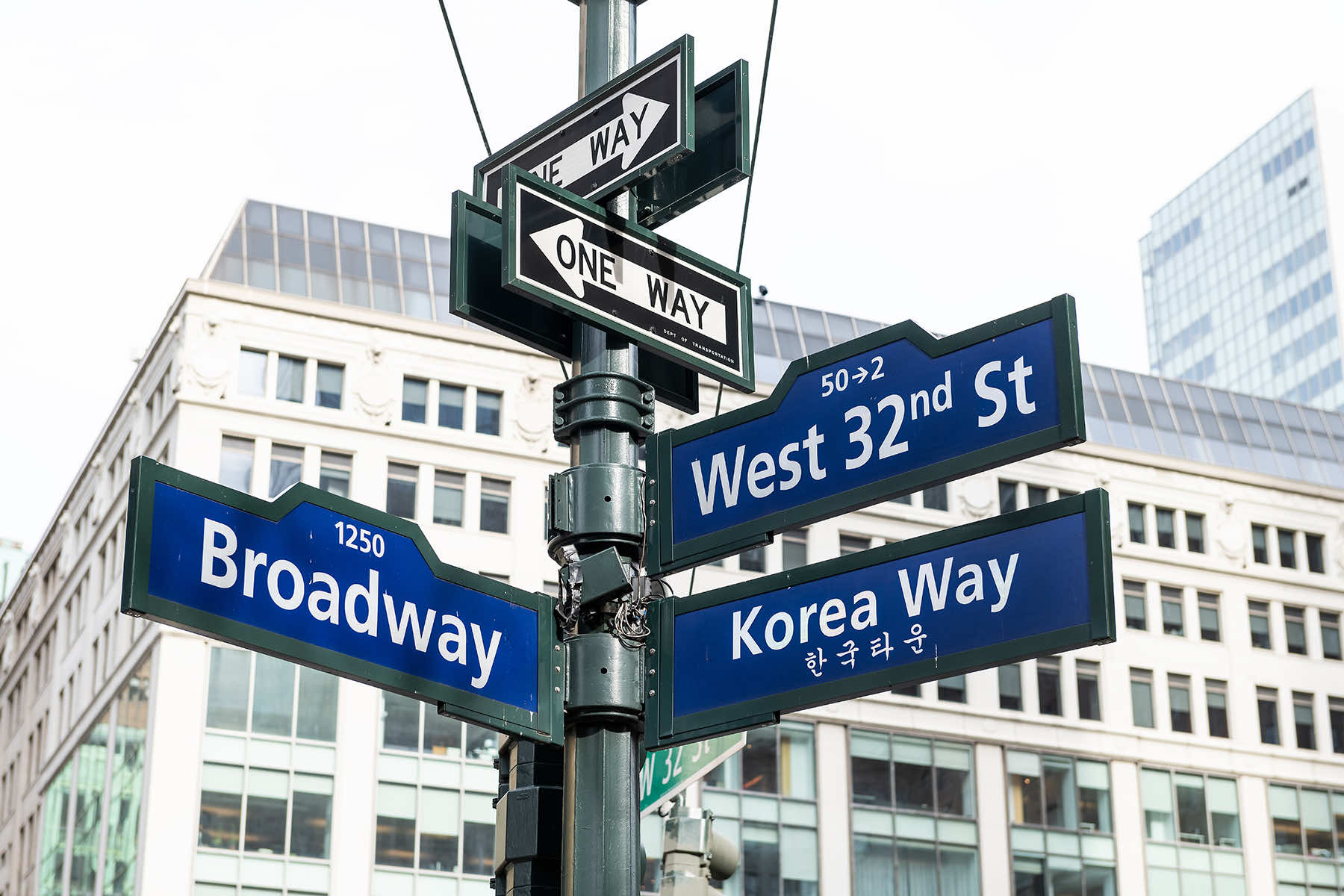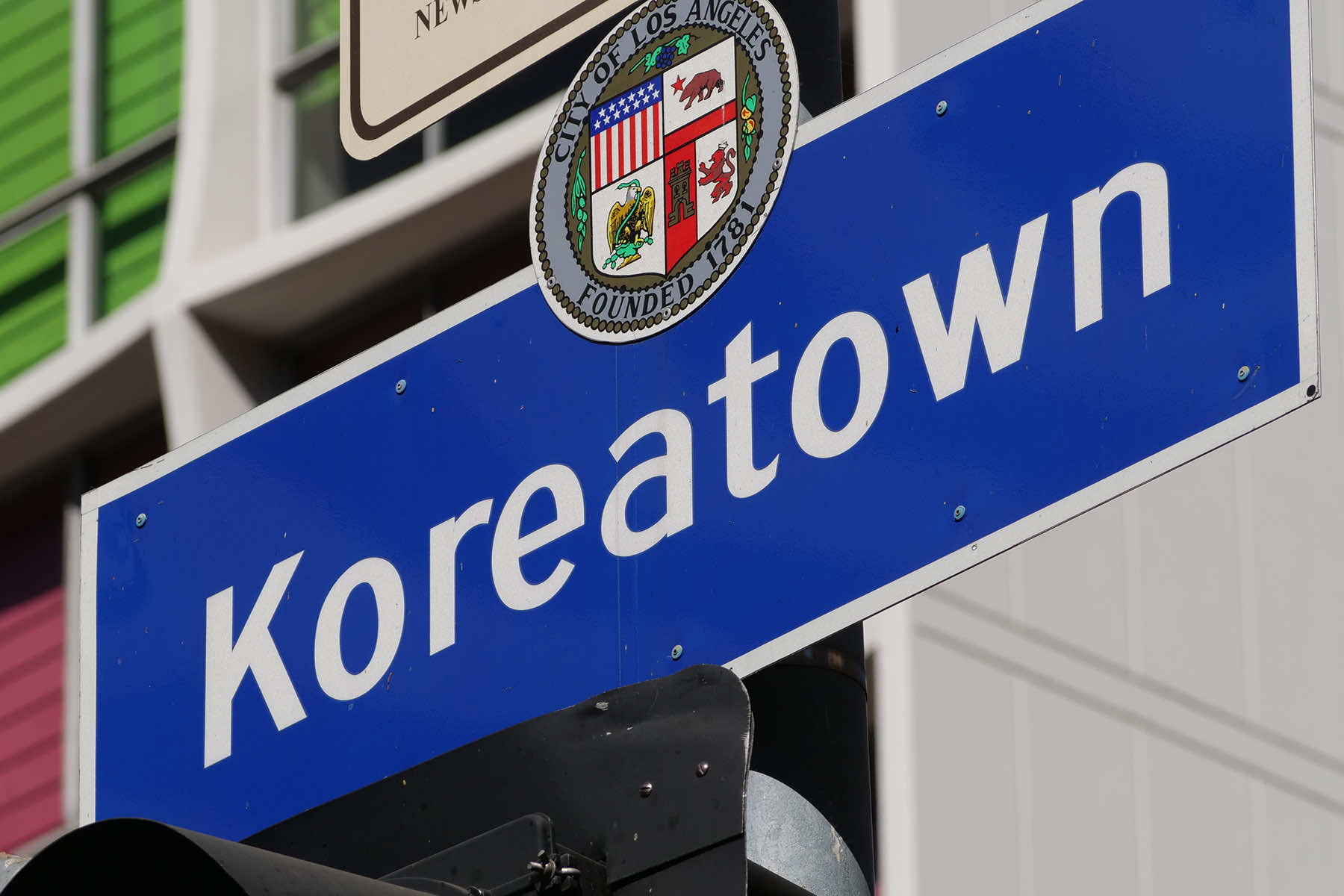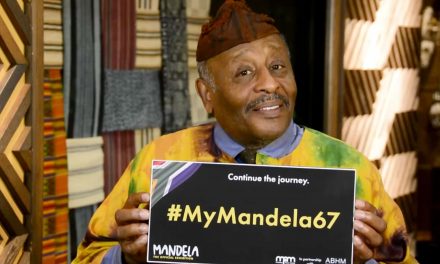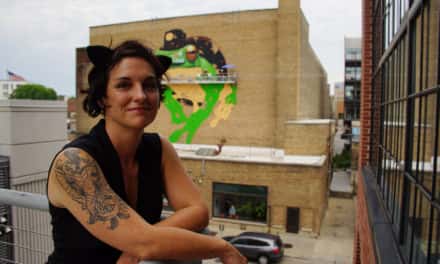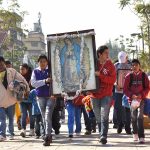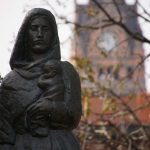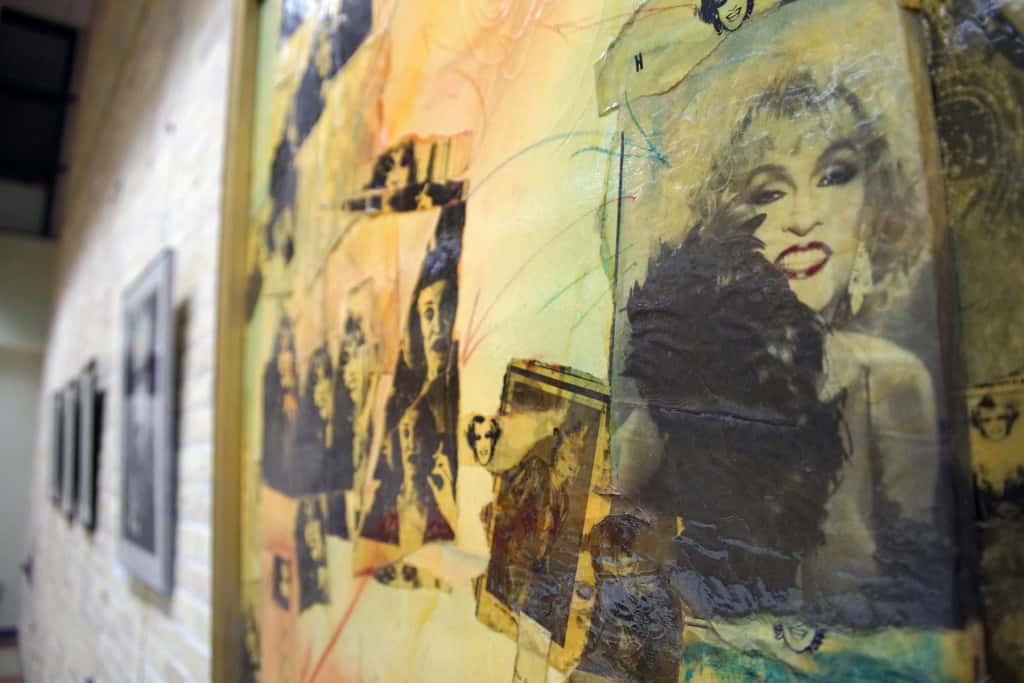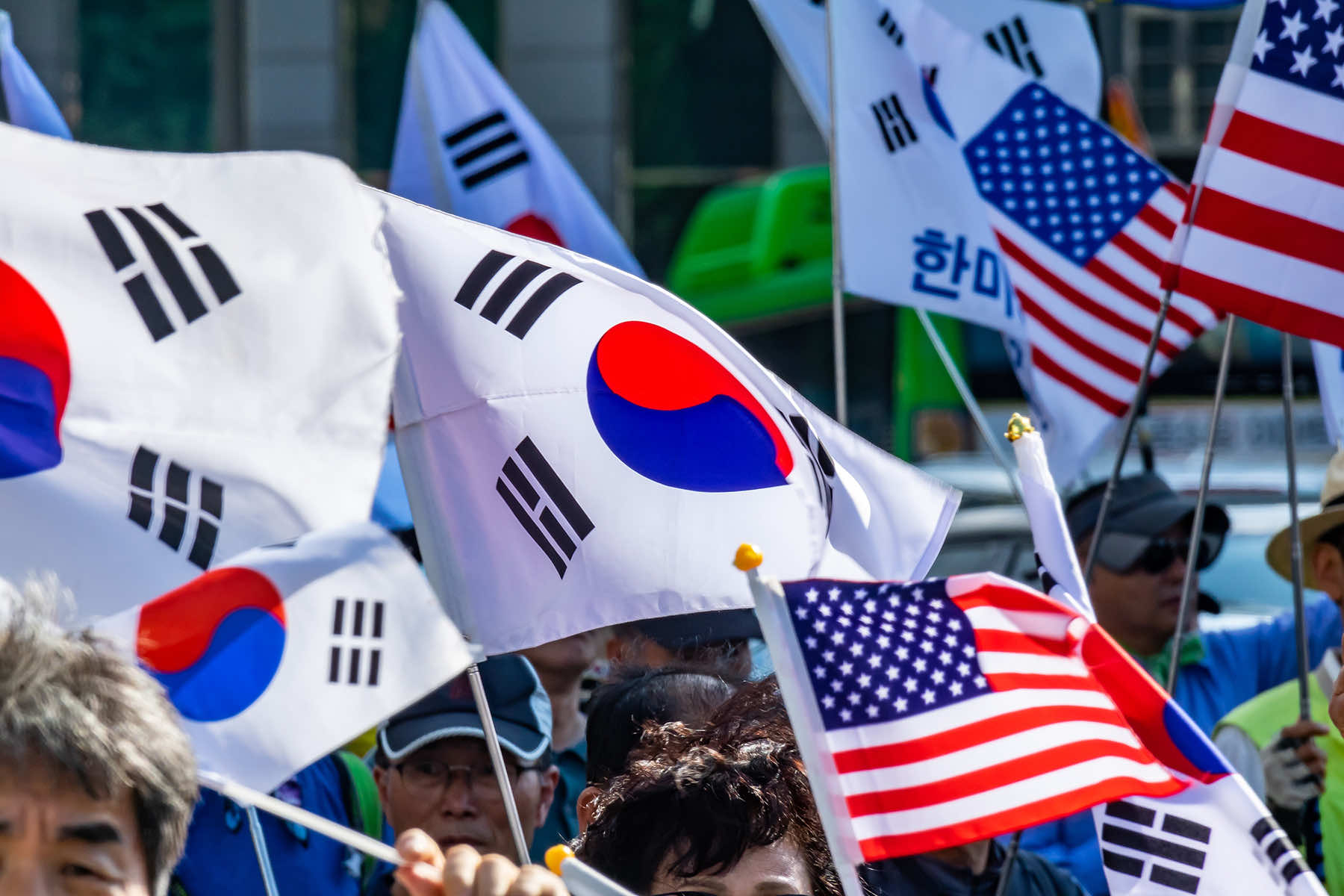
The city of Milwaukee celebrates Korean American Day on January 13, highlighting the rich cultural heritage of Korea and its growing influence in the local community and across the United States.
This year’s festivities are expected to showcase the deep-rooted history of Korea and the dynamic influence of Korean popular culture in Milwaukee.
Minji Han, a Korean American who was adopted by a Milwaukee family, shared her thoughts on what the day means to her from Seoul, where she is currently working.
“Korean American Day holds a special place in my heart. It’s a day that honors not just the history of Korean immigrants in America, but also the rich experiences they bring,” Han said. “As an adoptee, my Korean heritage was always a puzzle to piece together. Now, being in Seoul, I’m living in the land of my ancestors, and it’s been an eye-opening experience. It helps me understand and appreciate the sacrifices and struggles of those who came before me.”
Han’s story is an example of the diverse experiences of Korean Americans and the importance of their cultural legacy.
“My journey has been about finding my identity at the crossroads of my American upbringing and my Korean roots,” Han added. “It’s a beautiful blend, and while it can be a complicated journey at times I feel incredibly fortunate to have the best of both worlds.”
The treaty between the United States and Korea was signed in 1882, and it laid the groundwork for a relationship based on peace, friendship, and commerce between the two countries and cultures.
“Korean Americans continue to shape and unite our country, strengthening every industry and every community, with their knowledge and skills, and contributing their unique talents to our American society,” said President Joe Biden in a statement. “From serving our country in uniform and advocating for civil rights, to breaking new ground in arts and sciences, opening new businesses, serving in our hospitals and health centers, and inspiring generations of storytellers, the contributions of Korean Americans enrich our lives every day and lift our Nation to new heights.”
Korean American Day commemorates the arrival of the first Korean immigrants to the United States in December 1902, when 102 Korean immigrants embarked on the SS Gaelic, heading for Honolulu, Hawaii. They landed on January 13, 1903, marking the start of Korean immigration to the U.S. In the following two years, more than 7,500 Korean immigrants would follow.
Over the years, the Korean American community has grown significantly, helping to enrich various facets of American life including science, education, business, arts, and cuisine.
During the World Wars and the Korean War, many Koreans would relocate to the U.S., including those marrying U.S. servicemen and children adopted by American families. As of 2023, Korean Americans made up about 0.6% of the U.S. population – according to the U.S. Census Bureau, numbering approximately 2 million people. They are the fifth-largest subgroup within the Asian American community.
Korean popular culture, often referred to as the “Korean Wave” or “Hallyu,” has been an influence in Milwaukee for the past couple of decades. The phenomenon, which includes K-Pop music, Korean TV dramas, fashion styles, and movies like Bong Joon-ho’s Oscar-winning film “Parasite,” has gained immense popularity worldwide with a growing fan base in Milwaukee.
An important aspect of the public day of recognition is a focus on the contributions of Korean Americans to Milwaukee. The city has seen a significant impact from the Korean American community in areas like business, where Korean-owned companies have flourished, adding to the economic and cultural diversity of the city.
Of note is the influence of Korean food and culinary traditions, from the famous Korean barbecue to vegetarian bibimbap, kimchi, and street food snacks like tteokbokki.
For the past 11 years, students from the University of Wisconsin-Milwaukee’s Korean Language Program have hosted local festivities, with support from the Korean Association and Community, to share more about Korean culture with people in Milwaukee.
© Photo
Albert Campbell, Andriy Blokhin, Walter Cicchetti, Hun Young Lee, Chintung Lee, Steve Edreff, and Rblfmr (via Shutterstock)

